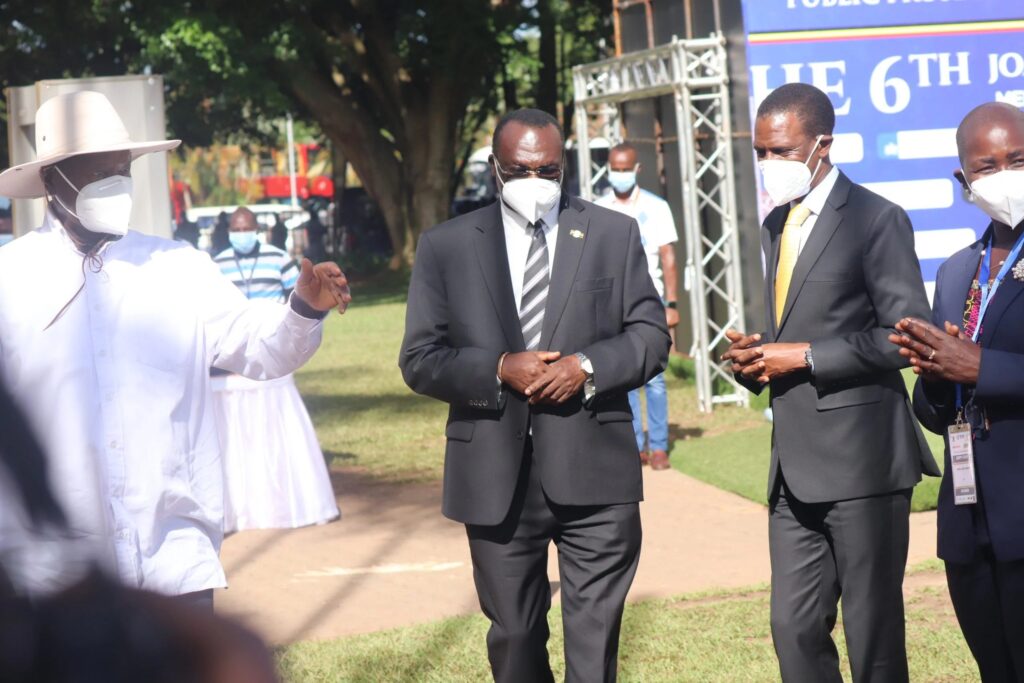Ugandan President Yoweri Museveni has given instructions to the Attorney General to strengthen the country’s witness protection law. Speaking during the 6th annual Joan Kagezi memorial lecture at Speke Resort Hotel in Munyonyo, Museveni expressed concern about the lack of adequate measures to safeguard witnesses in criminal cases, which has led to many cases collapsing due to witness intimidation.
“I didn’t know this(witness protection law) was a problem and now if it is a problem the Attorney General should work on the law,” Museveni said.
The change came as a result of the DPP’s proposal for a witness protection law, which would aid in safeguarding witnesses over the course of prosecutions.
According to Abodo, in any criminal case that proceeds to trial, both the prosecution and the defense are equally interested in the testimony of any witnesses against a suspect.
“The interest of prosecution in obtaining a conviction mostly hinges on witnesses and other forms of evidence whereas on the other side, the suspect is either interested in keeping witnesses from testifying or impeaching the creditworthiness of their testimony through various conventional and unconventional means,”Abodo said.
She mentioned using unusual measures, such as harming someone or intimidating them.
The DPP stated that due to the increasingly complex and widespread nature of crime, both in Uganda and around the world, there is an increasing need for witness protection, which can only be successfully accomplished through legislation.
“For a long time, serious and organized crimes such as corruption, money laundering, terrorism, murder, kidnaps, sexual offences and trafficking in persons have been a threat and huge cost to Uganda and a legal framework will go a long way to provide special protection to threatened or intimidated witnesses as a guarantee for their security and welfare when testifying in court in the interest of a fair hearing,”Abodo said.
According to her, witness protection can take the shape of physical and armed security, relocation that requires a change in identity, or any other action required to safeguard a witness’s safety.
The DPP claims that other methods of protecting witnesses during court processes include holding hearings in secret, using pseudonyms, redacting personally identifying information, using video links, or taking steps to conceal or falsify the witnesses’ identities.
Human rights organizations, who have long demanded that the government take decisive action to solve the issue of witness protection, have praised Museveni’s decision. Amnesty International claims that witnesses in Uganda run a significant danger of retaliation, including physical injury, if they testify against influential people or organizations.
But some legal professionals have expressed worries about the state’s potential abuse of the witness protection program, especially in situations where the accused are political rivals of the ruling party. To make sure that the initiative is not utilized for political ends, they have asked for the development of an impartial oversight structure.
